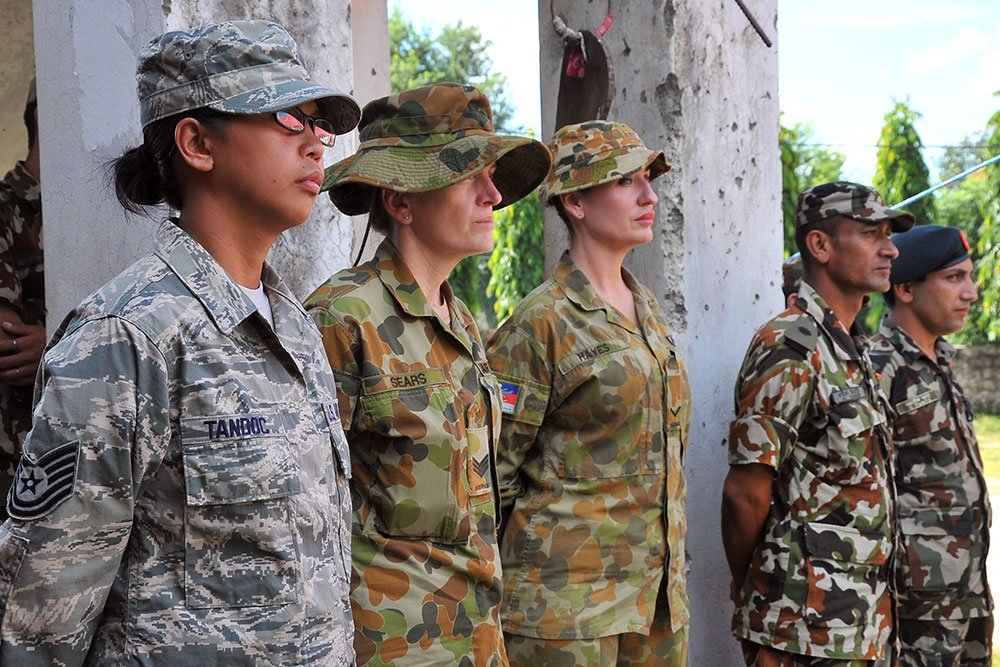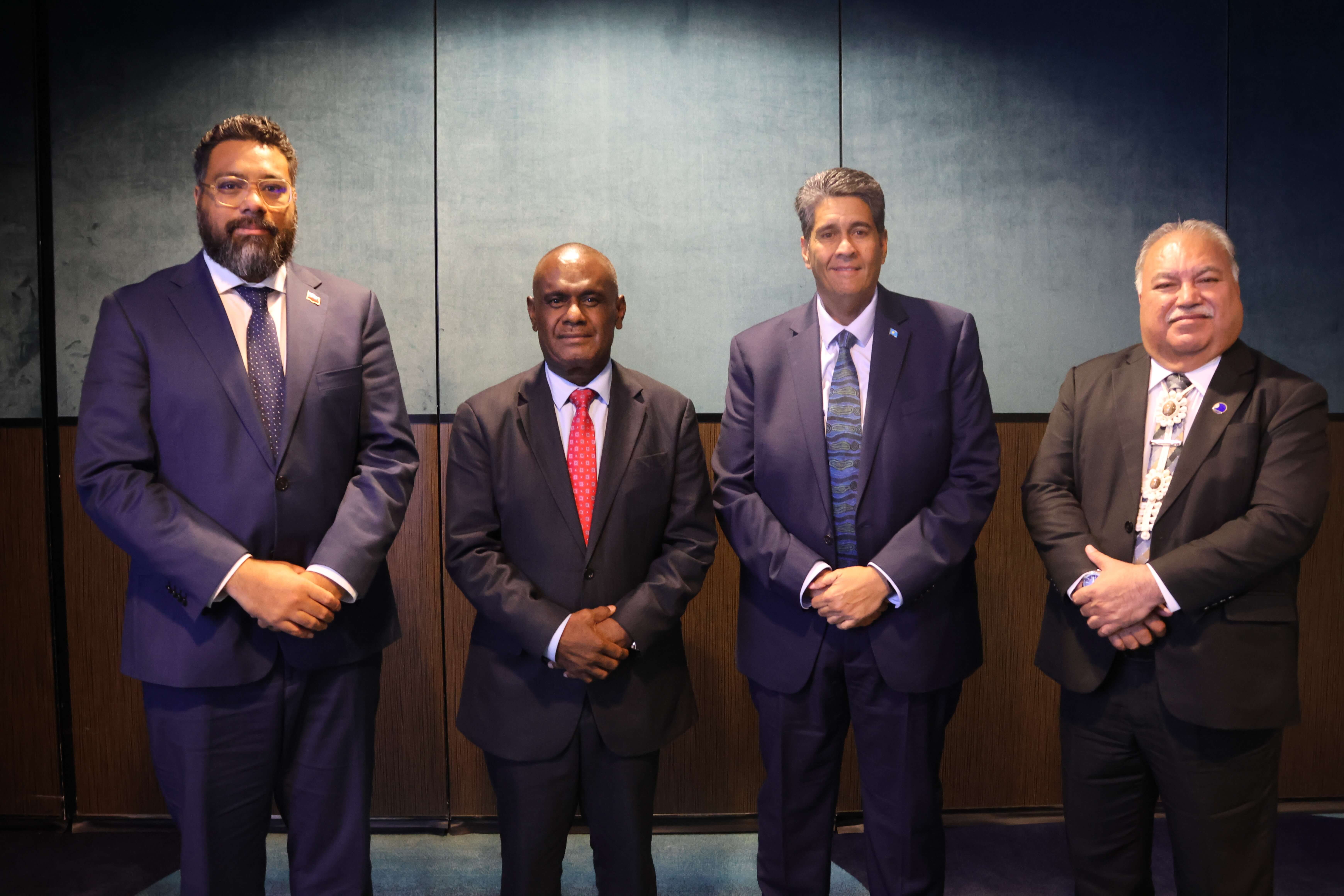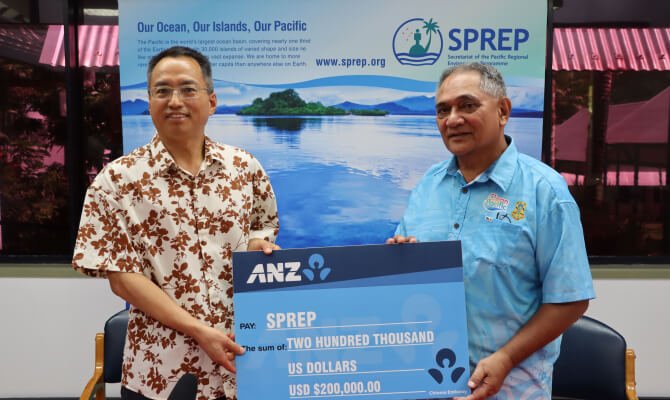Two weeks ago the third Annual Civil Society Report Card on Australia’s National Action Plan for Women, Peace and Security (NAP) was released.
The Report Card acts as a shadow report on Australia’s progress against the goals and actions set out in the NAP. It is developed by a team of representatives from the Australian Council for International Development, the Women’s International League for Peace and Freedom, the UN Women National Committee Australia and the Australian National University’s Gender Institute, and is funded by the Australian Civil-Military Centre and the Office for Women.
This year’s Report Card is generally positive. It highlights the increasing strength of engagement between Government and civil society on the WPS agenda and the perception in civil society that the implementation of the NAP is going well. It did, however, offer some recommendations for improvement in the whole of government implementation of the NAP – primarily in relation the need for interagency cooperation and consistent application of the NAP principles across government.
In line with the government’s own Interim Report on progress against the NAP, released late last year, the Civil Society Report Card highlights the inconsistency in the implementation of the NAP across agencies. The Report Card recommends that the government “Continue to build consistency within and across Government departments for WPS implementation.”
The Report Card also notes that action to increase women’s participation in the AFP, Defence and ADF has dropped significantly in the period since the first Report Card in 2013. It acknowledged a frustration that dialogue and rhetoric within agencies on increasing women’s participation has not matched outcomes. This is consistent with figures from Defence that show a peak in women’s participation in 2014, and a decline in the period since.
On NAP Strategy 4.5, mainstreaming WPS values into peace processes, the assessment moved from ‘some action’ to ‘no action,’ reflecting civil society concerns about Australia’s activity in peace processes, particularly in Myanmar and in Syria. Peace processes in these areas are seen as lacking in meaningful engagement with or consideration of women’s voices or their experiences.
Addressing these issues requires greater consistency in implementation across agencies. Up to now, some agencies have placed a higher priority on implementation than others, and have therefore made more progress.
The agencies included in the NAP – AFP, Defence, PM&C, AGD, ACMC, DFAT and now Immigration and Border Protection – must improve collaboration and cooperation to improve consistency of implementation and integration of the NAP principles.
Doing so requires a common understanding of the principles that underlie the NAP – prevention, protection and participation - and a framework for their consistent implementation across agencies.



